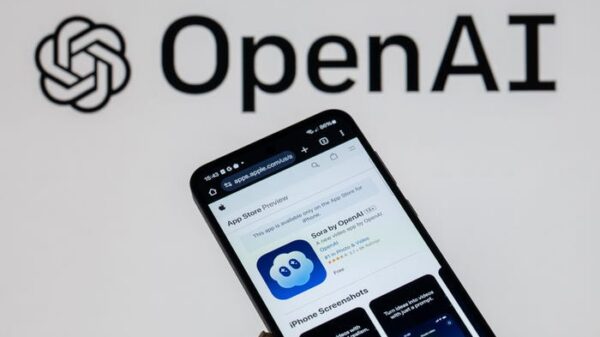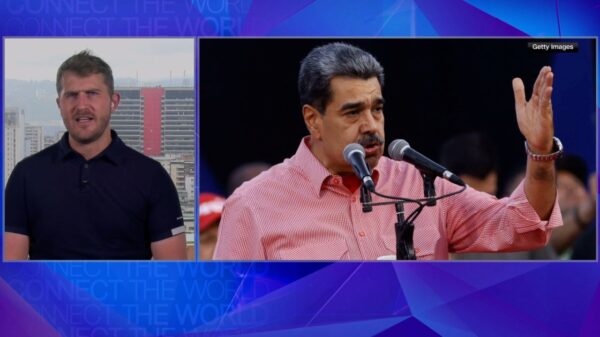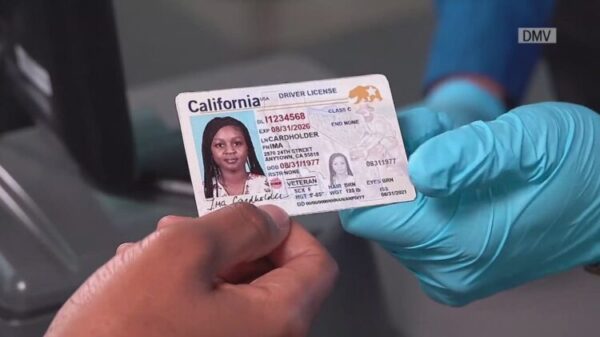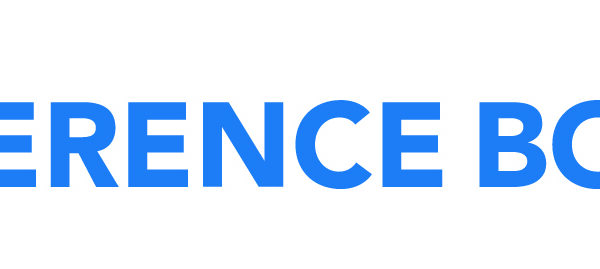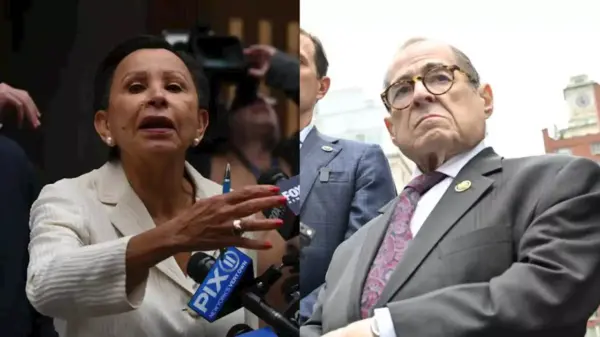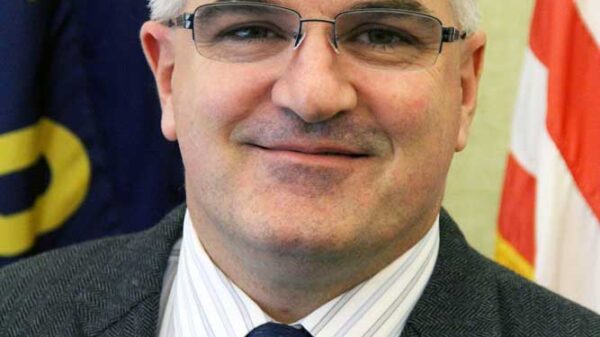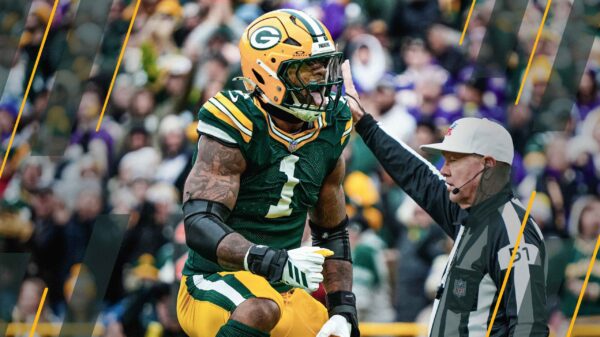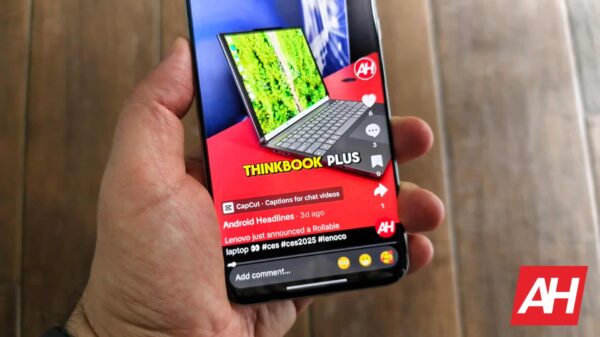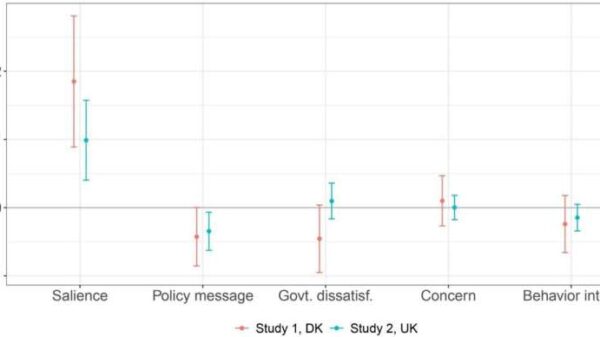The future of TikTok in the United States hangs in the balance as Senator Ed Markey seeks answers from former President Donald Trump regarding the ongoing negotiations surrounding the app’s ownership. As 2025 progresses, TikTok has experienced a tumultuous journey, shifting from the brink of a ban to the possibility of a sale to a U.S. entity under Trump’s administration.
In a letter addressed to Trump, Senator Markey expressed concerns about the repeated extensions of the divestment deadline. He stated, “Your repeated unlawful extensions of the divestment deadline and vague comments about the deal raise significant questions about whether you have been able to secure an agreement that keeps TikTok online and addresses the national security concerns posed by ByteDance’s ownership of TikTok.”
Markey’s queries extend to whether the Chinese government has formally approved the proposed deal. While the Trump administration had previously asserted that such approval was granted, Markey remains skeptical. He raised critical questions about the licensing of TikTok’s algorithm, specifically asking, “If TikTok U.S. is licensing the algorithm from ByteDance and retraining it, is this a one-time transfer of the source code, or does TikTok U.S. have to renew it at regular intervals? Will any changes to the algorithm by ByteDance affect the algorithm that is licensed to TikTok U.S.?”
These inquiries reflect broader uncertainties surrounding the deal, as many lawmakers involved in the initial ban have admitted to a lack of clarity about the agreement’s specifics.
Details of Trump’s TikTok Negotiations
Back in October 2025, Trump was anticipated to meet with Chinese President Xi Jinping to finalize the TikTok deal. Although the agreement has not yet been fully executed, both parties have reportedly reached a framework arrangement. According to sources, the deal would involve ByteDance spinning off TikTok’s U.S. operations to an American-led consortium, which includes investors like Oracle. This consortium is expected to enhance security measures for TikTok’s operations within the United States.
As part of this framework, the U.S. would license TikTok’s algorithm, allowing for modifications intended to mitigate national security concerns. This arrangement has led to speculation about the long-term implications for TikTok’s operations in the U.S. and whether users will notice any significant changes once the deal is finalized.
For now, TikTok has narrowly avoided a complete ban in the United States, but the uncertainty surrounding the deal continues to raise questions among legislators and users alike. The outcome of Senator Markey’s inquiries could shed light on the process and the implications for TikTok’s future in the American market, as many await clearer answers regarding the app’s ownership and operational integrity.
As the negotiations progress, the world watches closely to see how this situation unfolds, with potential ramifications for both U.S.-China relations and the social media landscape in the United States.


